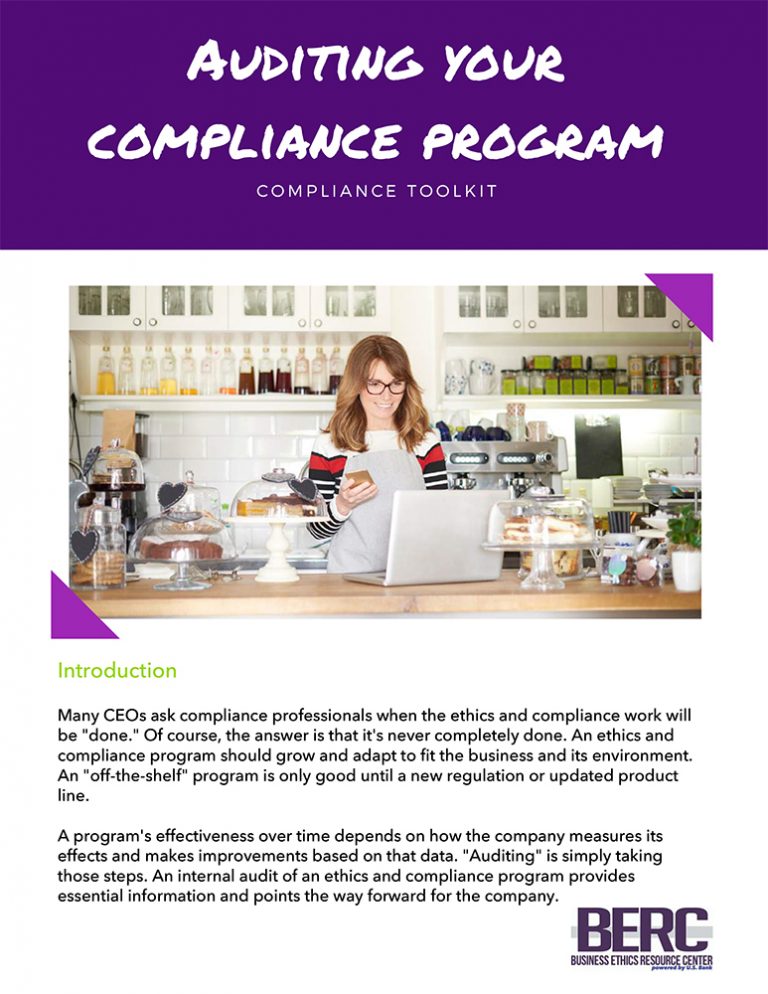“A person who is nice to you but rude to the waiter, or to others, is not a nice person” (Barry, 1998, p. 185).
Steve Nguyen, Ph.D. (Dec. 2009; updated Jan. 2015)
Many years ago, while waiting for a show at a nice hotel in Dallas, my wife and I were standing in line to order some coffee. As we were in line waiting (we were second in line) at a busy one-person coffee stand, the woman waiting behind us (she was third in line) yelled out, “Can I go ahead and pay for this?” It didn’t matter to her that two other people (the first lady in line and us) were ahead of her in this ordering process.
I forgot what this was. It might have been a bottle of water or something small. But pretty much everyone else waiting patiently in line was ordering something small. After she interrupted and cut in line, she made some disparaging remarks about the single employee working there.
My wife and I both used to work as a waiter (me) and waitstaff trainer (wife) and thus we’re especially sensitive to and aware of how we and others treat waiters, waitresses, or anyone in a people service profession (e.g., hotel maids, bellmen, etc.). When I see behaviors like this woman’s, it brings me back to the time, more than 20 years ago, when I worked as a waiter for a restaurant in Austin, Texas.
I didn’t know it at first but was quickly informed by the other waitstaff that I was waiting on a baseball celebrity and his family. “Ok, not a big deal,” I thought. I’ll just make sure that I’m at my best and take care of them as I always do with all of my customers.
Because the family was busy visiting and chatting loudly, I stepped back to give them time to decide what they wanted to order. Not long afterwards, the wife snapped her fingers at me (like a rich person does when she beckons her servants). After the family ordered, she dismissed me, like “I’m done with you now leave my sight” type of attitude.
William H. Swanson, Chairman and Former CEO of Raytheon, cautioned:
“Watch out for people who have a situational value system, who can turn the charm on and off depending on the status of the person they are interacting with . . . Be especially wary of those who are rude to people perceived to be in subordinate roles.” [Cited in USA Today “CEOs say how you treat a waiter can predict a lot about character”]
I think this advice should be taken very seriously, especially by those in a supervisory or management role. In a USA Today article, Siki Giunta (CEO of Managed Objects, but who previously worked as a bartender) summed this up well when she said this type of situational behavior is a good predictor of a person’s character because it’s not something you can learn or unlearn easily but instead it shows how you were raised.
The woman who cut in line to place her order felt that she was special and deserved special treatment and gave herself permission to cut in front of others and then displayed contempt by mumbling unkind comments about the person preparing the coffee.
Takeaway: Whether it’s ordering coffee on a Saturday night or interacting with employees at work on a Monday morning, each of us—whether you’re a CEO, manager, or employee—needs to treat everyone, both in and outside the office (regardless of their status or title in the social or corporate ladder) with kindness, dignity, and respect.
References
Barry, D. (1998). Dave Barry Turns 50. New York, NY: Ballantine Publishing Group.
Jones, D. (2006, April 17). CEOs say how you treat a waiter can predict a lot about character. USA Today. Retrieved from http://www.usatoday.com/money/companies/management/2006-04-14-ceos-waiter-rule_x.htm
Originally published on WorkplacePsychology by Steve Nguyen, Ph.D. Used by kind permission of Dr. Steve Nguyen. Please visit WorkplacePsychology.


